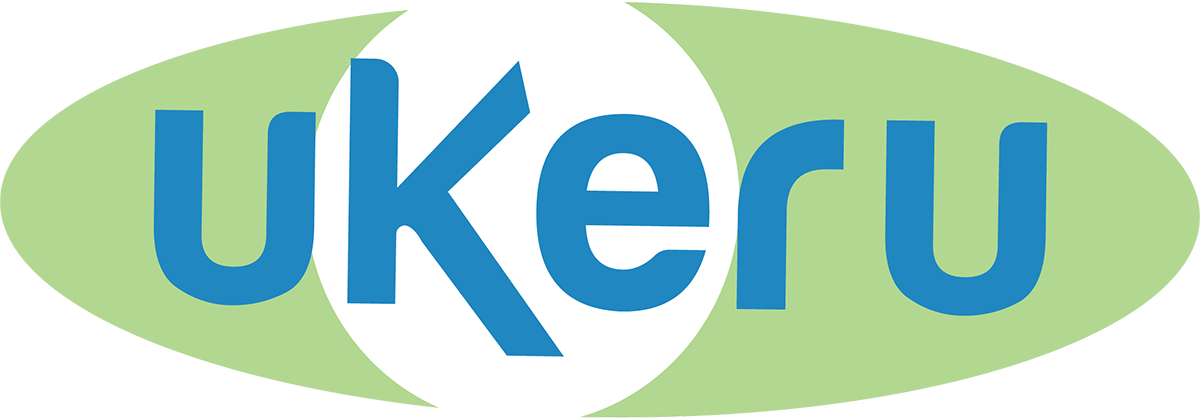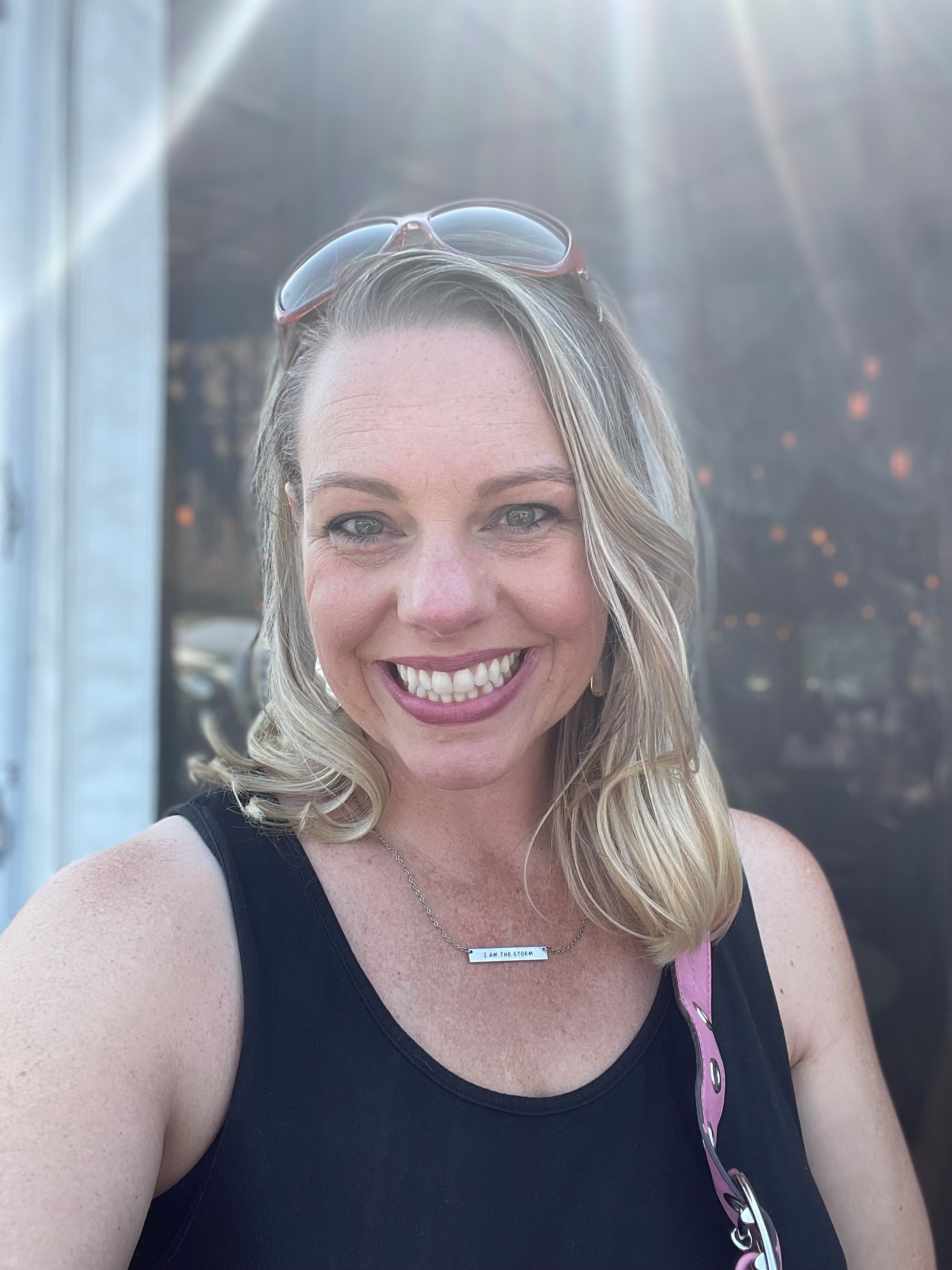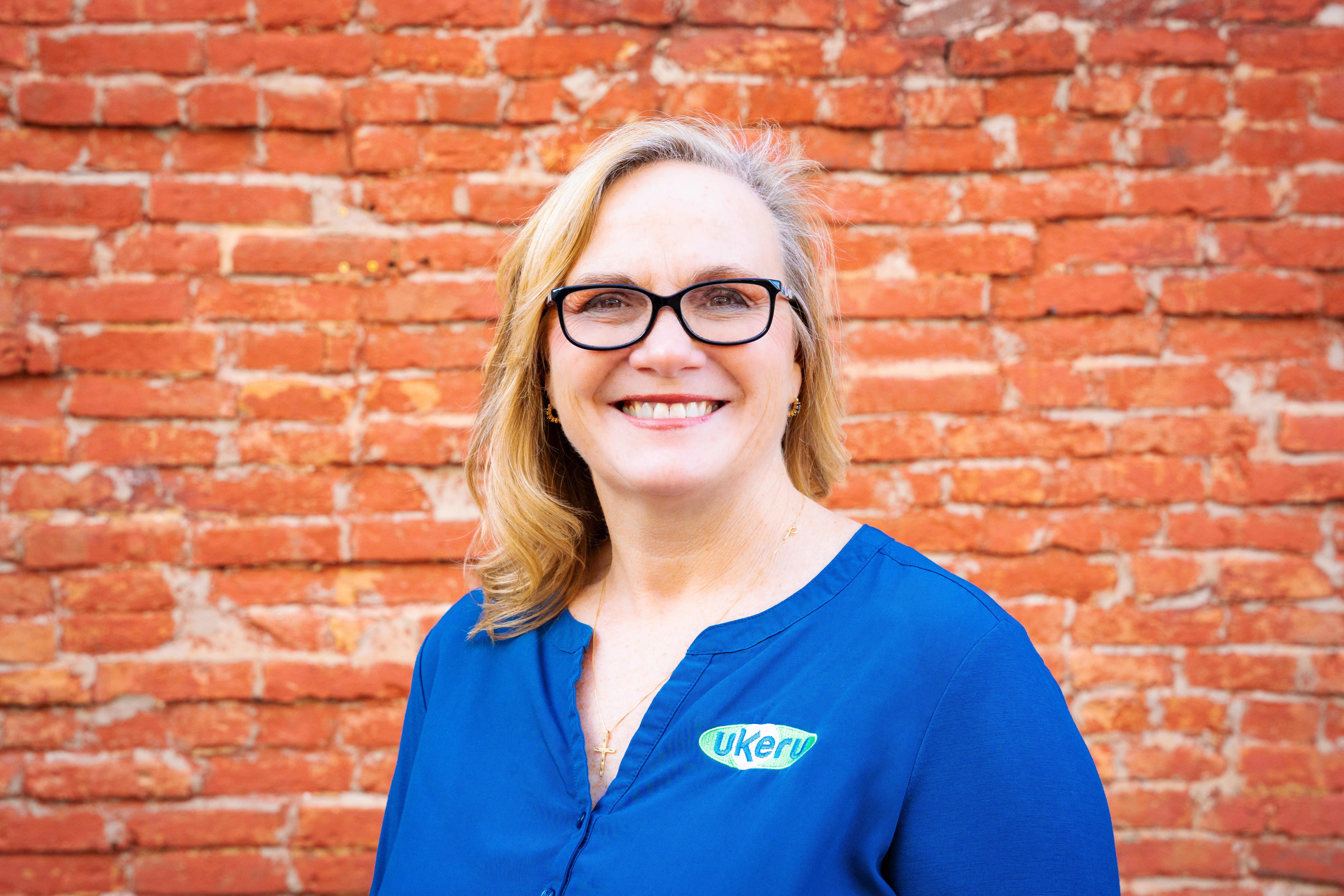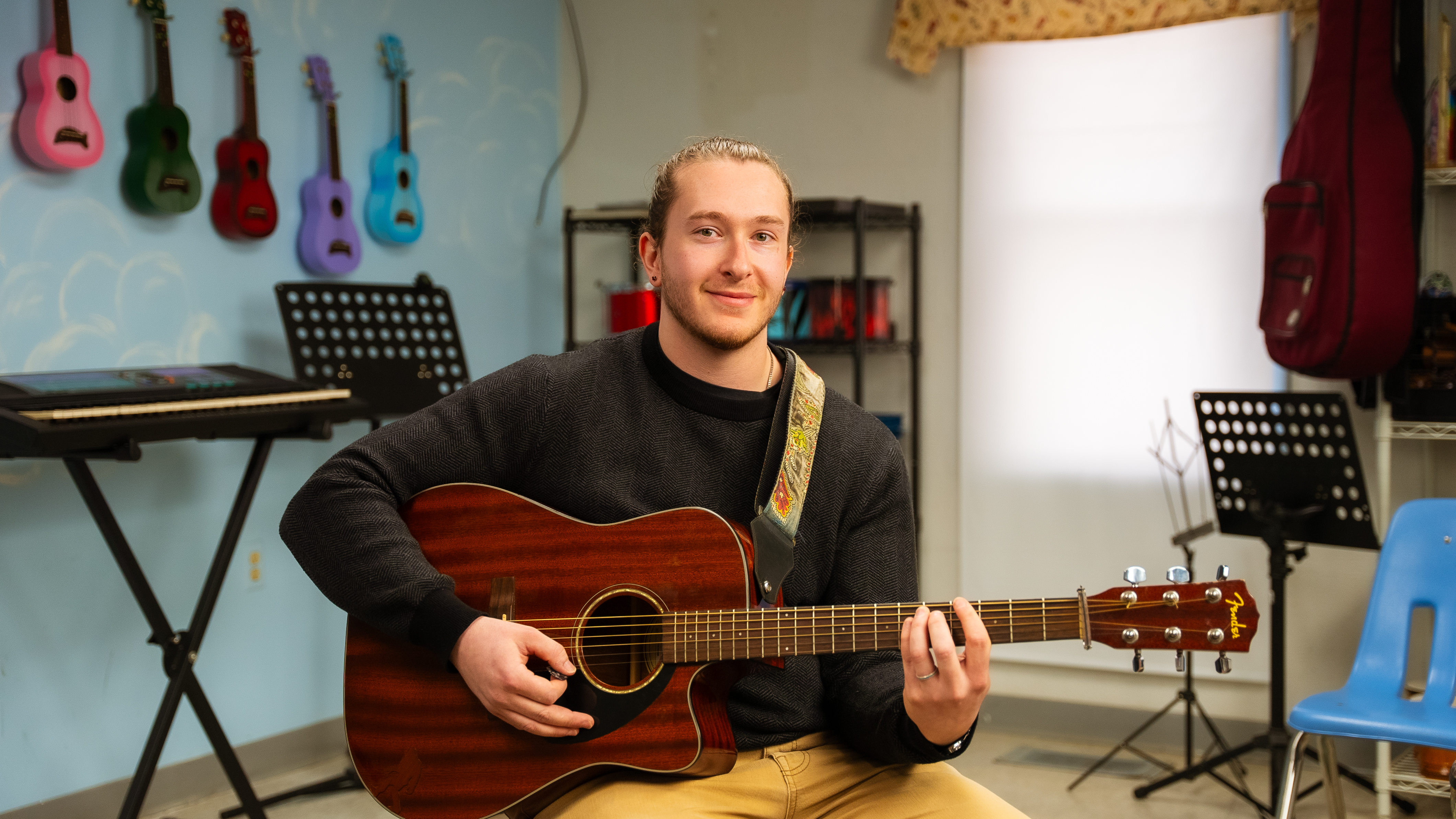Ukeru President, Kim Sanders, recently penned an op-ed which appeared on The Hill website.
Like many other issues in our country right now, a case before the United States Supreme Court, Endrew F. vs. Douglas County School District, is causing heated national debate. The case involves a child with autism in Colorado whose parents are suing the school district over whether he is being denied his legal right for a meaningful education in the public school setting.
At the root of the argument is the level of education public schools are required to provide students with disabilities. Existing legislation defines this requirement as “free appropriate public education.” But, what does that really mean? There are those who interpret it as “some” education — often understood as the bare minimum — while others believe it should be defined as providing “meaningful,” substantial benefit. Beyond this “blizzard of words,” as Justice Alito described it, is an even more pressing issue – one that presents the greatest barrier to learning for children with disabilities.
Children with disabilities — particularly those with intellectual disabilities, behavioral problems, and communication or sensory related disabilities — are disproportionately secluded and restrained in classroom settings on a regular basis. According to recent data from the U.S. Department of Education, students with disabilities comprise two-thirds of the 277,000 children who are secluded from their classmates or restrained annually, despite representing only 12 percent of the overall student population.
Why is this important in this particular case? If a special needs student is spending the majority of their day restrained or in a seclusion room, it doesn’t matter how challenging the lessons, what goals are set or how good the intention; a child simply can’t learn if they are in emotional or physical submission for the majority of the school day.
Read the full article here.




